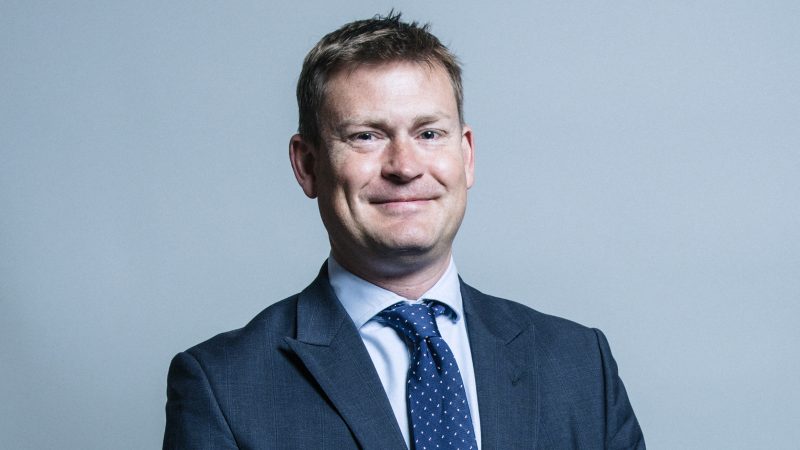
Like many members, I have been in a fog of disappointment for the last few days. Friends and colleagues have lost their jobs, and millions of people who desperately need a Labour government are consigned to many more years of Tory misery. Perhaps what hit home the hardest was the constituent who visited me earlier and said he didn’t think he’d see another Labour government in his lifetime. Brutal – but probably true.
Any successful political party is a coalition of a variety of voters, and the 2019 general election was no different. What made it stand out was that Tory coalition contained many former lifelong Labour voters, coalescing around the Leave vote to finally ‘get Brexit done’. We shouldn’t assume these people will automatically return to Labour next time; Boris Johnson is now reliant on them for a majority so will devote a considerable amount of effort to keeping them on board. Brexit probably won’t be an issue at the next election but he will want to find others to maintain this vote. He will also change the rules to make it that much harder for Labour to secure a majority – be that through a boundary review, voter ID, changes to political funding or allowing the fake news on social media to continue unchallenged.
My constituency voted heavily to Leave but the swing against Labour here was probably one of the lowest in any Leave seat. Why was that? It can’t be because I was a better MP or worked any harder than any of my magnificent colleagues who lost, but something went on and the key to our recovery has to be to try and garner some understanding of why results varied as much as they did. The best way to do that is to actually talk to those people who didn’t vote for us this time but might again in the future, because unless we can win those people back we will never win again.
We won’t find the answers to our problems at the bottom of a cup of fruit tea in an Islington cafe. We will find them in Bolsover, in Crewe, in Bishop Auckland – in all the places we lost, as well as in places like Mansfield and Nuneaton, places we’d already lost but need to regain in order to form a government. The shadow cabinet should go to these places en masse at least once a month for the next two years to hear directly from voters. Maybe we do need a genuine Northern voice at the top of the party to win these places back – but if we don’t change anything else, and try to begin to understand why these places have been drifting away from us for years, then there is no guarantee we will do any better there next time.
Of course, it wasn’t all Brexit. Anyone who spent more than five minutes on doorsteps during the election will have noticed the leader being raised negatively. Every Labour leader gets vilified by the press but the vitriol levelled against Jeremy Corbyn was of a greater intensity than ever before. Whoever comes next must not give our enemies any opportunity to portray them in a hostile light, be it allegations of failing to tackle antisemitism or familiar claims around national security. That was one of the strengths of the New Labour opposition years, though this debate shouldn’t be reduced to a simple Blairism v Corbynism argument.
Jeremy Corbyn undoubtedly attracted many more young people to the party than we have seen for a long time. They are part of our coalition for the future and what is important to them is important to our party too. We shouldn’t junk the whole of what was an exciting manifesto but recognise that as an overall package it didn’t sell. Retaining the best parts of it will be critical to any future success. Arguing over the last election endlessly will not help us win the next one and could just confirm to many of the public that we are unfit to govern.




More from LabourList
‘The cost of living crisis is still Britain’s defining political challenge’
‘Nurses are finally getting the recognition they deserve’
Letters to the Editor – week ending 15th February 2026